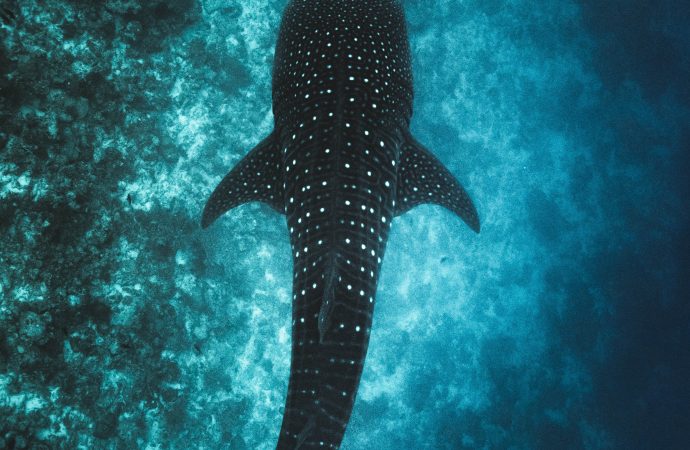Climate change is one of the biggest threats to our planet, affecting every corner of the world, including the oceans. Blue whales, the largest animals on Earth, are particularly vulnerable to the impacts of climate change. These magnificent creatures are found in all the world’s oceans and are known for their unique feeding behavior and
Climate change is one of the biggest threats to our planet, affecting every corner of the world, including the oceans. Blue whales, the largest animals on Earth, are particularly vulnerable to the impacts of climate change. These magnificent creatures are found in all the world’s oceans and are known for their unique feeding behavior and migratory patterns. However, as our planet warms, their habitat is changing, and this has serious consequences for the survival of blue whales.
One of the biggest impacts of climate change on blue whales is the changing ocean currents. These currents are crucial for their migration patterns and for the distribution of their food sources. As the ocean warms, these currents are altered, and this can cause a disruption to the feeding and breeding behaviors of blue whales. This can result in a decline in the number of blue whales, as well as other marine animals that rely on the same food sources.
Another impact of climate change is the reduction in the availability of food for blue whales. Blue whales feed on krill, a small shrimp-like animal that is found in large numbers in the polar regions. As the polar regions warm, the krill population declines, reducing the food available for blue whales. This can lead to malnutrition and a decline in the overall health of blue whales, making them more vulnerable to disease and other threats.
Climate change also has a direct impact on the habitat of blue whales. As the oceans warm, the Arctic ice is melting at an alarming rate, and this is having a significant impact on the migratory patterns of blue whales. These creatures are known to travel long distances to reach their feeding and breeding grounds, and changes in the ice cover can disrupt their migration, leading to a decline in the population.
The good news is that there are ways to mitigate the impact of climate change on blue whales. Governments, conservation organizations, and individuals can take steps to reduce their carbon footprint and support the protection of blue whale habitats. This can include reducing greenhouse gas emissions, protecting the polar regions, and supporting the creation of marine protected areas.
In conclusion, climate change is a significant threat to the survival of blue whales and their habitats. As the planet continues to warm, we must take action to reduce our impact on the environment and protect these magnificent creatures. The survival of blue whales is not only important for the health of the oceans but also for the well-being of our planet as a whole.

















Leave a Comment
Your email address will not be published. Required fields are marked with *